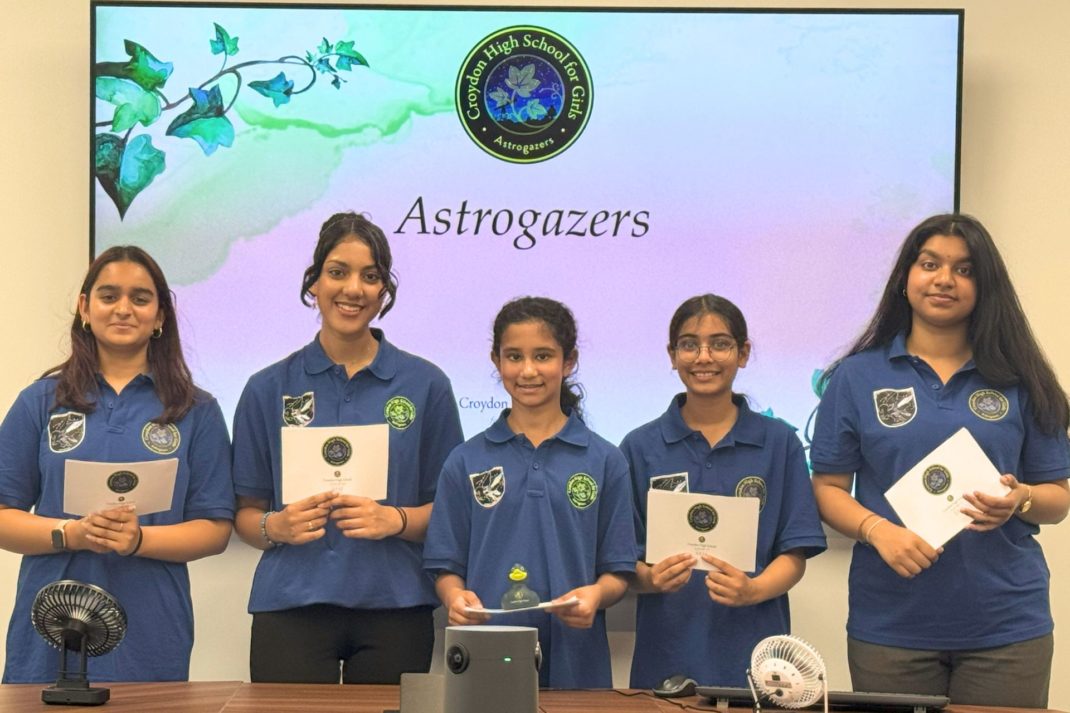How to Improve Timing for 11+ Exams
By
3 years ago

Take the ‘TikTok’ Challenge
Author and 11+ expert, Sarah Collins, shares her top tips for time-training for your 11+ tests – how to answer faster and boost your scores.

TikTok and other video apps are a brilliant way to share a snapshot of an event or idea. The quick succession of images keeps us entertained and our brains agile as we instantly switch from one situation to the next.
Not much in common with the 11+ then? Well, you might be surprised.
These tests are designed to find out…
- if you can understand problems quickly (you are expected to answer some questions in the time it takes to watch two TikTok videos)
- about your ability to switch, at speed, from one concept to the next
- how rapidly you can grasp new ideas you have not met before.
Answering as many questions as possible will always give you the best chance of passing your 11+. These tips will help you to get them right!
1. Find out what is expected of you
The first step to preparing yourself is to know what tests you are taking.
Timing and content vary dramatically and schools can choose from a range of different types. These can be online or paper-based; multiple-choice or standard.
Many schools set GL or CEM papers; others may set their own or one created for a smaller group of schools.
- CEM tests include more challenging vocabulary in English papers, rapid response to maths and switch between subject-areas a number of times in one test.
- GL tests tend to be more realistic in timing though often involve more thinking skills.
- Bespoke tests tend to be more demanding in difficulty level.
- Most tests expect you to tackle unfamiliar questions in verbal and non-verbal reasoning as well as spatial reasoning. Many tests expect you to complete a writing task and some also include science.
Contact the school you have chosen to find out exactly which tests you will face. Then get some samples!
2. Set the pace
Now work out how long you are being given to answer each question. This will help you work towards the pace you are aiming for.
For example, GL maths questions are typically 1 minute whereas CEM may be as little as 30 seconds. Others may be longer though more challenging. It is a good idea to add up how many parts of questions there are, ie the number of answers you will need to work out in the given time.
Now it’s time to start practicing.
3. Grasp the basics
A strong vocabulary and quick recall of times tables are both essential for answering questions at the pace required.
Vocabulary
Dictionaries are not allowed in the 11+ and so the wider your vocabulary, the more questions you will be able to answer quickly and confidently in English, verbal reasoning and longer maths problems.
You can build your vocabulary through…
- reading both fiction and non-fiction (some fiction texts such as The Cadwaladr Quests also include vocabulary lists for 11+)
- vocabulary workbooks designed to revise and expand your vocabulary (Galore Park Spelling and Vocabulary Workbook Age 9–11)
- highlighting difficult words in books and tests then creating your own word list to come back to
- vocabulary-builder apps (there are many free apps that can help)
- looking for lists of synonyms and antonyms and making your own: a very effective boost for the last few weeks of revision.
Times tables
Calculators are not allowed in the 11+ and even if they were, this would slow down your response rate. This is why being able to perform quick calculations is so important.
Practice your times tables…
- using times tables apps (there are many free apps that can help)
- by playing games with your family (try ‘Leap frog’ – take it in turns to go up through a table and time yourselves to see how quickly you can do it. You can even go backwards!)
- by writing tables in and posting them around the house if you find it easier to remember visually
- and develop confidence in times tables with the Achieve Times Tables Workbook.
4. Practise your skills
Before you reach for the timer, think again!
Concentrating on getting the answers right before you start to time yourself builds confidence from the start. Working with short tests is a really effective way to do this – especially if you can sit with a parent for the first few.
Work through some short workbook exercises together when you have 15 minutes to spare. You can even split a test into two.
- Work through the questions at a comfortable pace
- Mark your test with a parent or carer
- Discuss which questions took the longest
- Talk about why that might be (language – even in maths, calculations, number of steps to the answer, style of question)
- Make a note of these questions for revision.
The Galore Park workbooks are designed to help you. The following books are ideal for these exercises:
- 10-Minute Maths Tests Workbook 8–10 and 9–11
- Verbal and Non-Verbal Reasoning Workbooks 8–10, 9–11 and 10–12
- Grammar and Punctuation, Reading and Comprehension, Spelling and Vocabulary English workbooks for ages 9–11 also include short tasks.
5. The TikTok challenge
Now is the moment to get out the timer.
- Sit down with another short test (start with five minutes and break the test down if it’s longer).
- Work out how long you have to do each question (or part question).
For example: In Galore Park’s 10-Minute Maths Test Workbook Age 9–11 test 1, break the test into two (2x 5-minute tests). In questions 1–5 there are 10 parts (each question is broken into questions a) and b)). So, with five minutes to answer, you will have 30 seconds per question. - Think about how many videos on your favourite app you could watch in the time it takes to answer a question. Then watch that number of videos before you start. This should give you an idea of pace.
For the example above, you would need to watch two 15 second videos: the time to complete one question. - Now work through the questions with the timer set for five minutes.
- Did you manage to answer all the questions in time?
- Check your answers and plan some revision for any questions you found tricky.
The Galore Park Revision Guides in English, maths, verbal reasoning, non-verbal reasoning and science are designed to help you target this revision. All subject areas are covered in two to four-page sections designed to help you target skills in 30 minute to an hour study sessions with questions to check you have understood the content.
6. Slow it down to speed it up
You may find that by increasing your speed of answering, more of your answers are incorrect. This is quite usual.
Now you know the pace you will be aiming at, work through more papers with the timer on, but don’t push yourself to finish in the time; just let it overrun.
Note down how many questions you answer in the time after each test and note the difficult questions. This will help you to see how practice helps to slowly build up your speed. Some tests are so quick that many children don’t finish so don’t be disheartened. Finding a pace that suits you to answer as many questions as you can is fine.
7. Find techniques to suit you
If you are taking paper tests, you might find skipping some questions is the best technique for you.
Once you feel confident that you can keep up a reasonable pace, have a go at some full-length papers.
The important thing is to get as many marks as you can in the time.
Technique 1: Select the easiest questions
Many papers give the same marks for easy and difficult questions and so answering as many questions as possible, even if they are the easier ones, can improve your score.
- Try working through the questions you find simplest, marking those you have missed to return to later.
- Work through as many difficult questions as you can in the time remaining.
Technique 2: Select the challenging questions
Some pupils work better if they get the more challenging questions out of the way. They find this helps them to relax after tackling them and run through the remaining questions quicker.
Try these different techniques; practice the style you prefer and stick to that in the tests.
The Galore Park Practice Papers in English, maths, verbal reasoning and non-verbal reasoning are designed to help you build up your speed and accuracy in the tests. They begin with simpler papers which gradually get faster and more challenging.
Try working through Practice Book 1 with shorter tests to build your confidence before moving on to Practice Book 2 which has the most challenging tests. Specific titles for CEM and GL are also available.
Sarah Collins is an expert in all things 11+ and Pre-Test and is the author of Galore Park’s verbal reasoning and non-verbal reasoning study and revision guides. Learn more about Sarah here. Plus, read Sarah’s blog post covering everything you need to know about the 11+ entrance exam process here. Learn more about Galore Park’s 11+ revision series here.
READ MORE
How to Improve Vocabulary for the 11+ Exam | How to Prepare For a Senior School Interview



